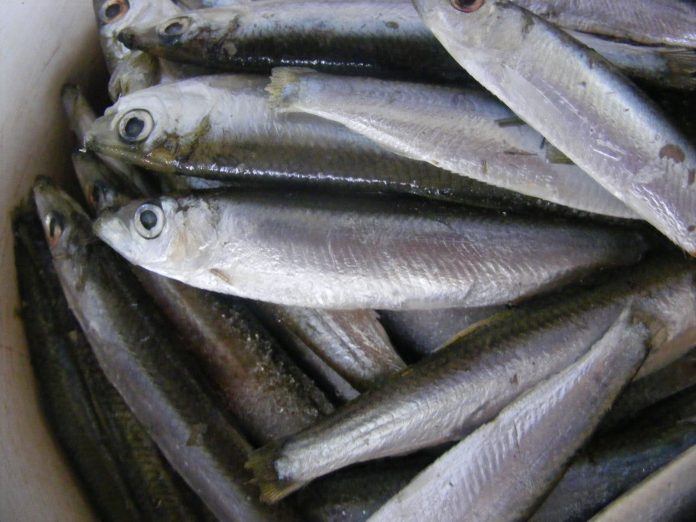A 10-year deal has been clinched between the European Commission and the General Fisheries Commission for the Mediterranean. The agreement is to rebuild the Black Sea fish stocks, protect the region’s ecological and economic wealth and boost the development of sustainable Black Sea aquaculture.
News of the deal was announced on June 7 following several months of negotiations. The Commission describes it as a “historic joint political declaration”.
“Today’s declaration is a historic step towards more sustainable fisheries and aquaculture in the Black Sea,” said Commissioner Karmenu Vella, responsible for the Environment, Fisheries and Maritime Affairs. “While I congratulate everybody on the signature, I also stress that the real success must be measured by its implementation. The journey ahead is long, but our experience shows that it is worth the effort. Sustainable exploitation of our seas goes hand in hand with more viable livelihoods for our fishermen and thriving coastal communities. We now have a detailed plan. Let’s turn it into action.”
Known as the https://ec.europa.eu/fisheries/sites/fisheries/files/docs/2018-06-07-sofia-declaration_en.pdf (Sofia Declaration), it was signed by Black Sea ministerial representatives, along the Black Sea coastline and beyond covering both riparian States but also non-riparian States with interest in aquaculture: Bulgaria, Romania, Georgia, Moldova, Turkey, together with the European Commission.
It’s a follow-up of the Bucharest Declaration from October 2016, transforming commitments into concrete actions with measurable deliverables on fighting illegal unreported and unregulated fishing (IUU), improve data collection and science, improve fisheries management, and boost sustainable development of aquaculture.
According to the Commission, more than 23,500 persons are directly employed on fishing vessels in the Black Sea, and many more indirect jobs depend on the fishing sector. At least 8,700 aquaculture farms, marine and freshwater, generate direct and indirect jobs to more than 39,000 people in this area.

